►Monday: Olympia
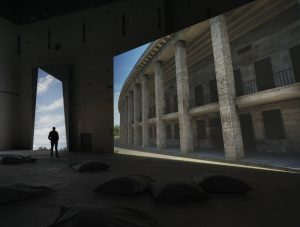
Belgian artist David Claerbout’s multi-layered installation work reflects on time and its dimensions. Through video installations, historical photographs, reconstructed images and film footages, this exhibition traces the disintegration of the Berlin Olympic Stadium over a thousand years. While making the flow of time of a whole century become almost tangible to the audience, the exhibition also illuminates the ‘Thousand-Year Reich’ and Albert Speer’s architectural ideas and theories.
- When: 12:00-18:00
- Where: KINDL – Am Sudhaus 2, 12053 Berlin
- Admission: free
►Tuesday: Desire Will Set You Free – Film Screening & Discussion
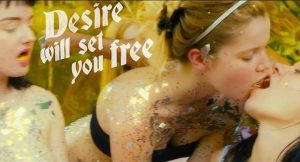
If you’re a Berlin film-enthusiast, or an aspiring film maker, then this panel discussion and screening are right up your alley. Artists Yony Leyser and Tatjana Turanskyj discuss what it is like to be an independent filmmaker in Berlin. They assess the pros and cons, labour cost, and living conditions while examining the film community as a whole. Following the discussion, Leyser’s award-winning work Desire Will Set you Free will be screened and followed by drinks and time to socialize.
- When: 20:00-23:00
- Where: the CLUB – Biebricher Str. 14, 12053 Neukölln, Berlin, Germany
- Admission: free
►Wednesday: Foucault in Bohemia & Anti-Racist Practice
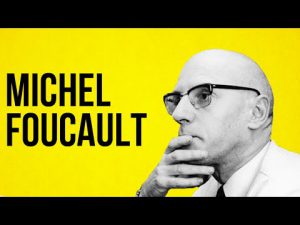
Focusing on struggles in Bohemia and today’s anti-racist activism, Mark Terkessidis will discuss how to use Foucauldian terms productively and constructively in the discourse of knowledge and power. He will further analyse the oppressed people’s theories of knowledge and ways of knowing.
- When: 19:00-22:00
- Where: HAU1, Stresemannstr. 29, 10963 Berlin
- Admission:5,50 €
►Thursday: Dictionary of Now – Kader Attia, Françoise Vergès and others – BODY
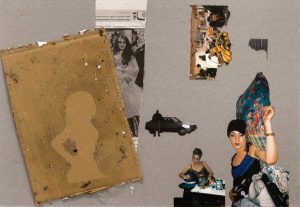
The artist Kader Attia’s works create a multi-layered, narrative about the human body as he tackles issues of war, displacement and the postcolonial condition. His work, which is episodically composed, encompasses the concept of ‘repair’ – whether psychological, aesthetically, or sociological – as he reflects on changes in the aesthetic ideal and perceptions of our own bodies. He questions contexts in which bodies become political, creating a sense of relationality between the aesthetic and political bodily values. His work explores issues such as the migration journey of transgender peoples and examines how the self in a postcolonial context is constructed.
- When: 20:00
- Where: Friedrich-Ko
psch-Auditor ium-the Charité hospital, Philippstraß e 12, 10115 - Admission: free
►Friday: Mass Shootings – the Holocaust from the Baltic to the Black Sea 1941-1944
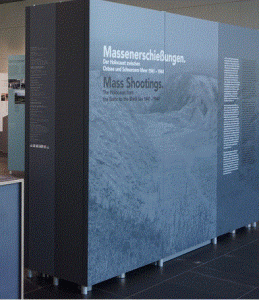
In only three years (1941-1944) forces of the SS, Wehrmacht, German police and even locals engaged in the mass murder of Jews, Roma, and psychiatric patients in the Soviet Union. This exhibition maps out where the murders took place, highlighting their severity and numbers. It does so by using historical documents and photographs that retell the history of these massacres and how it has been confronted since the end of the Second World War in 1945. The exhibition also deals with the destruction of Jewish communities, the psychological drive of German men to participate in such crimes, and the perspective of the persecuted survivors.
- When: 10:00-20:00
- Where: Topography of Terror – Niederkirchnerstraße 8, 10963 Berlin
- Admission: free
►Saturday: Surreal Objectivity – Art from 1920s-1930s
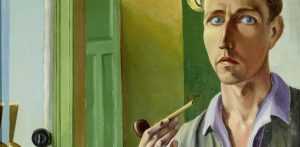
This art exhibition focuses on the period between the end of WWI and the outbreak of WWII, which enables the audience to zoom in on the New Objectivity (or Neue Sachlichkeit) movement in art. The artworks illuminate the commonalities Surrealism and the New Objectivity movements share as well as their dissimilarities. The two movements were attempts by the artists to envision a holistic world view and to individually express themselves. Moreover, Surrealism and the New Objectivity depicted both modern society’s innovations and the psychological abyss of the great depression and post-war traumas.
- When: 11:00-18:00
- Where: Collection Scharf-Gerstenberg – Schloßstraße 70, 14059 Berlin
- Admission: 5€
►Sunday: Symphony of a Missing Room
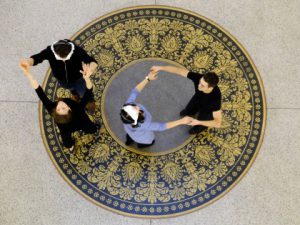
The audience of this interactive exhibition is separated from the tangible and physical world in order to explore the “phenomenology of memory” and new ways of making meaning. During this experience of the senses, the barriers of time and space are lifted. Now, the reality no longer originates from external sources, but is solely projected by the perceive. The key experiences the audiences will have are time and evolution of the self and the senses.
- When: 11:15-18:15
- Where: Niederkirchnerstraße 7, 10963 Berlin
- Admission: 6€
[hupso_hide]
